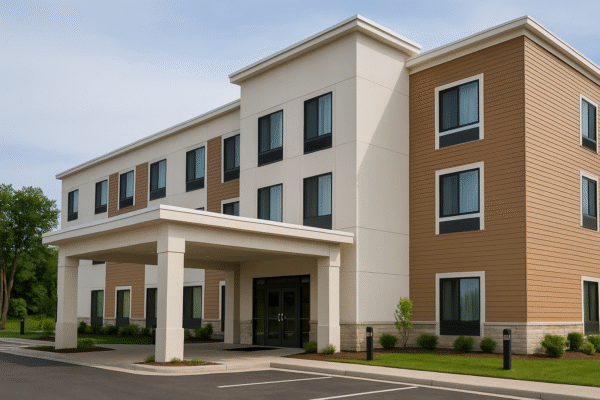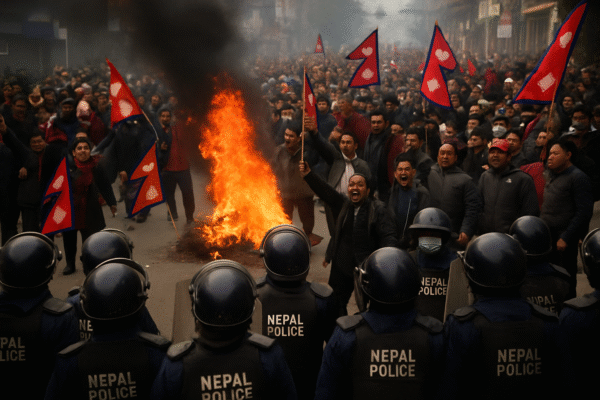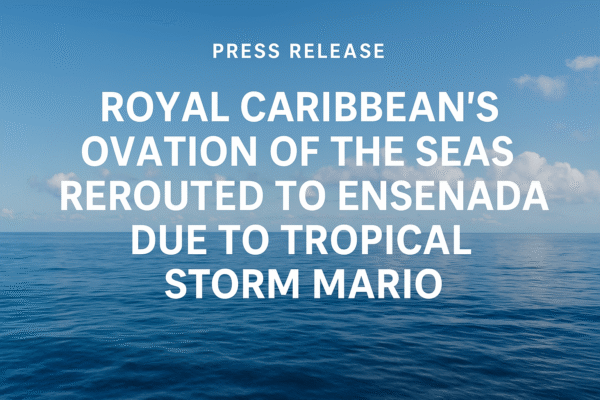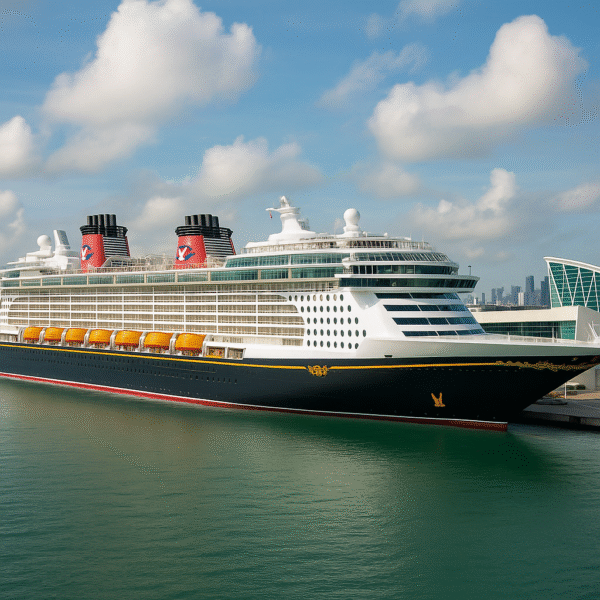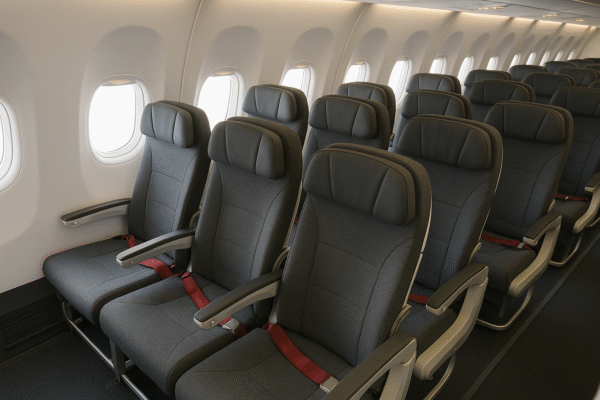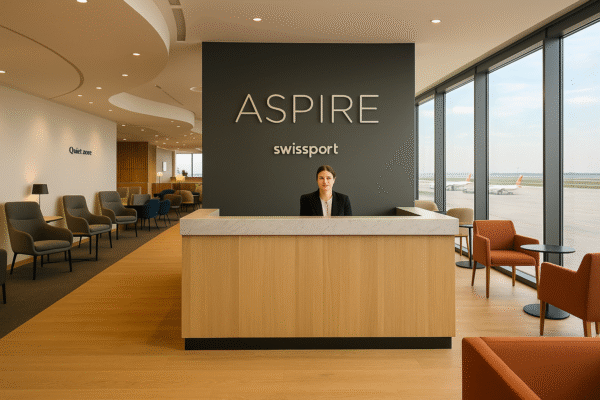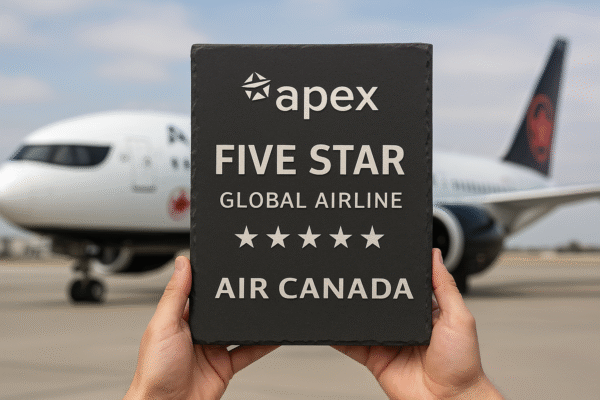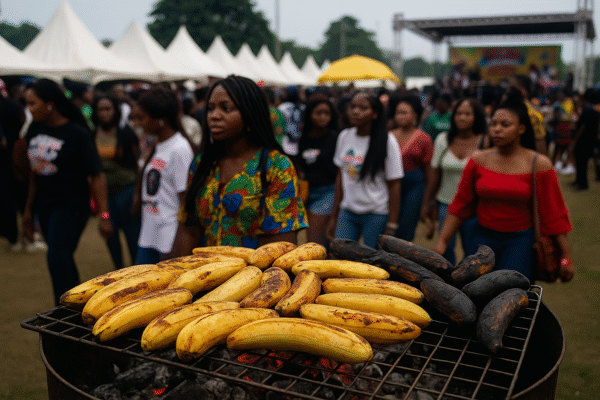The 2025 MTN-backed Bole Festival lit up Port Harcourt from September 6 to 7, transforming the Yakubu Gowon Stadium into a hub of food, culture, and celebration. Now in its ninth edition, the festival has grown far beyond its humble beginnings. What started as a local tribute to the Niger Delta’s iconic dish—roasted plantain, or bole, paired with fish and pepper sauce—has blossomed into an event of national importance, drawing tourists, residents, and cultural enthusiasts from across Nigeria and beyond.
Despite brief showers on opening day, attendance reached record highs, with thousands filling the stadium to enjoy food tastings, competitions, live performances, and a bustling marketplace. The festival has become more than a culinary event—it is now a showcase of Nigeria’s cultural diversity, unity, and creative spirit.
MTN’s Role in Growing the Festival
As the headline sponsor, MTN Nigeria has played a critical role in transforming the Bole Festival into a large-scale celebration. Its investment goes beyond branding—it provides the backbone for connectivity and digital engagement.
Ifeanyichukwu Udom, Regional General Manager of MTN’s South-South Operations, emphasized that the festival is an opportunity to connect with customers and empower communities. MTN’s technology, including Mifi and 5G devices, ensured that both attendees and content creators could share the festival in real time, amplifying its reach worldwide.
By aligning with cultural events like the Bole Festival, MTN reinforces its mission of bringing people together. The brand’s involvement has also boosted the festival’s international visibility, helping it evolve into a cultural tourism magnet for Port Harcourt and the wider Niger Delta.
Competitions and Performances
One of the festival’s liveliest features was the series of competitions showcasing local talent. From traditional dance contests to creative cooking displays, these segments kept the crowd energized.
- Fat Director, winner of the men’s dance competition, captured the audience’s imagination with his performance, symbolizing the creative vibrancy of the region.
- In the women’s category, Ogbeifun highlighted not just the joy of competition but also praised the strong MTN network that made communication seamless throughout the event.
These moments of triumph underscored the festival’s ethos: celebrating culture, encouraging talent, and fostering unity through friendly competition. Alongside music, fashion, and entertainment, they created a carnival-like atmosphere that resonated with people of all ages.
The Marketplace: A Hub of Trade and Tourism
The Yakubu Gowon Stadium was not only a stage for food but also a vibrant marketplace. Vendors offered a wide range of products, from artisanal jewelry and clothing to footwear and crafts. Local entrepreneurs benefitted from the influx of visitors, showcasing the festival’s economic impact beyond tourism.
At the heart of the festival, food vendors prepared countless variations of bole. Each vendor added a unique touch—different marinades, pepper blends, or side dishes—demonstrating the creativity rooted in Nigerian cuisine. This culinary diversity highlighted the role of food as both a unifying force and a cultural export that can boost Nigeria’s global culinary reputation.
Cultural and Socioeconomic Impact
The Bole Festival’s significance extends well beyond the stadium walls.
- Cultural Heritage: The event preserves and promotes a cherished Niger Delta tradition, ensuring that younger generations embrace and celebrate the dish that defines their region.
- Economic Growth: Vendors and artisans thrive on the business opportunities the festival generates. The inflow of tourists and attendees stimulates the local economy, from transport to accommodation.
- Tourism Promotion: Port Harcourt, often known as Nigeria’s oil hub, is now gaining recognition as a cultural tourism destination thanks to the visibility generated by the festival.
This blend of cultural preservation and economic impact positions the Bole Festival as a model for how community-based events can contribute to national tourism development.
Tourism and Port Harcourt’s Rising Profile
Port Harcourt has traditionally been seen as an industrial city, but events like the Bole Festival are shifting that perception. The city is gradually building a reputation as a vibrant cultural hub. Tourists travel from within Rivers State, other parts of Nigeria, and increasingly from abroad, eager to participate in the food and festivities.
The festival aligns with broader tourism goals, highlighting how Nigeria’s cultural identity can drive visitor growth. By celebrating food, music, and community, Port Harcourt offers travelers an authentic experience that blends tradition with modern celebration.
Looking Ahead: The Future of the Festival
The success of the 2025 edition underscores the festival’s rising influence. From a small neighborhood gathering to an internationally recognized celebration, the Bole Festival has come a long way. With MTN’s continued sponsorship and community involvement, future editions promise to be bigger, more inclusive, and more impactful.
Organizers aim to expand programming with more competitions, celebrity performances, and cultural showcases. There is also potential for partnerships with international chefs and cultural ambassadors, which would further elevate the festival’s global appeal.
Conclusion: A Symbol of Unity and Pride
The 2025 MTN Bole Festival demonstrated the power of food and culture to bring people together. Beyond roasted plantains and fish, it celebrated identity, resilience, and creativity. It boosted local trade, drew international attention, and positioned Port Harcourt as a growing tourism destination.
With each edition, the Bole Festival cements its place as more than just a food fair—it is a beacon of cultural pride, tourism growth, and community spirit. As it expands, it promises to continue uniting people, nourishing both the economy and the soul of the Niger Delta.
For more travel news like this, keep reading Global Travel Wire



